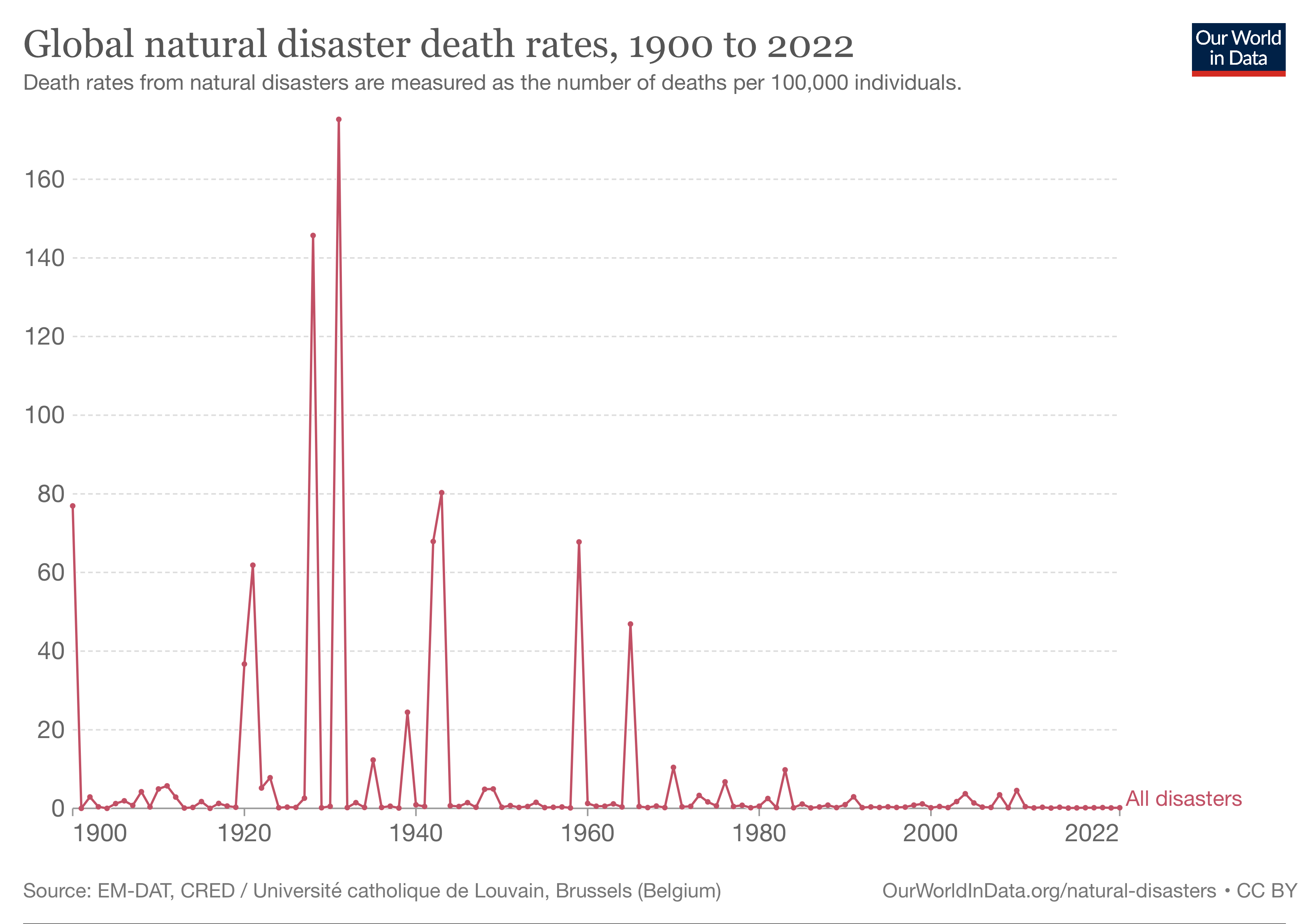|
Simulated Society
Simulated Society (or SimSoc, pronounced sim-sock) is a "game" used by universities and other groups to teach various aspects of sociology, political science, and communications skills. Originally created by William A. Gamson in 1966, it is currently in its fifth edition. It provides a way for participants to better understand the problems of governing a 20th-century-style nation state society. The participants grapple with issues like economic inequality, justice, diversity, trust, power dynamics, and leadership as they negotiate their way through labor-management relations, political turmoil, and natural disasters. To be successful, players must utilize basic social processes from cooperation and reward to threat and punishment. The goal of SIMSOC is to bring a deeper understanding of everyday experiences as well as social and organizational theory Organizational theory refers to the set of interrelated concepts that involve the sociological study of the structures and ... [...More Info...] [...Related Items...] OR: [Wikipedia] [Google] [Baidu] |
Simulation Game
Simulation video games are a diverse super-category of video games, generally designed to closely simulate real world activities. A simulation game attempts to copy various activities from real life in the form of a game for various purposes such as training, analysis, prediction, or entertainment. Usually there are no strictly defined goals in the game, and the player is allowed to control a character or environment freely. Well-known examples are war games, business games, and role play simulation. From three basic types of strategic, planning, and learning exercises: games, simulations, and case studies, a number of hybrids may be considered, including simulation games that are used as case studies. Comparisons of the merits of simulation games versus other teaching techniques have been carried out by many researchers and a number of comprehensive reviews have been published. Subgenres Construction and management simulation Construction and management simulation (CMS) is ... [...More Info...] [...Related Items...] OR: [Wikipedia] [Google] [Baidu] |
Social Theory
Social theories are analytical frameworks, or paradigms, that are used to study and interpret social phenomena.Seidman, S., 2016. Contested knowledge: Social theory today. John Wiley & Sons. A tool used by social scientists, social theories relate to historical debates over the validity and reliability of different methodologies (e.g. positivism and antipositivism), the primacy of either structure or agency, as well as the relationship between contingency and necessity. Social theory in an informal nature, or authorship based outside of academic social and political science, may be referred to as "social criticism" or "social commentary", or "cultural criticism" and may be associated both with formal cultural and literary scholarship, as well as other non-academic or journalistic forms of writing. Definitions Social theory by definition is used to make distinctions and generalizations among different types of societies, and to analyze modernity as it has emerged in the pas ... [...More Info...] [...Related Items...] OR: [Wikipedia] [Google] [Baidu] |
Punishment
Punishment, commonly, is the imposition of an undesirable or unpleasant outcome upon a group or individual, meted out by an authority—in contexts ranging from child discipline to criminal law—as a response and deterrent to a particular action or behavior that is deemed undesirable or unacceptable. It is, however, possible to distinguish between various different understandings of what punishment is. The reasoning for punishment may be to condition a child to avoid self-endangerment, to impose social conformity (in particular, in the contexts of compulsory education or military discipline), to defend norms, to protect against future harms (in particular, those from violent crime), and to maintain the law—and respect for rule of law—under which the social group is governed. and violates the law or rules by which the group is governed. Punishment may be self-inflicted as with self-flagellation and mortification of the flesh in the religious setting, but is mos ... [...More Info...] [...Related Items...] OR: [Wikipedia] [Google] [Baidu] |
Threat
A threat is a communication of intent to inflict harm or loss on another person. Intimidation is a tactic used between conflicting parties to make the other timid or psychologically insecure for coercion or control. The act of intimidation for coercion is considered as a threat. Threatening or threatening behavior (or criminal threatening behavior) is the crime of intentionally or knowingly putting another person in fear of bodily injury. "Threat of harm generally involves a perception of injury...physical or mental damage...act or instance of injury, or a material and detriment or loss to a person." Some of the more common types of threats forbidden by law are those made with an intent to obtain a monetary advantage or to compel a person to act against their will. In most US states, it is an offense to threaten to (1) use a deadly weapon on another person; (2) injure another's person or property; or (3) injure another's reputation. Law Brazil In Brazil, the crime of threateni ... [...More Info...] [...Related Items...] OR: [Wikipedia] [Google] [Baidu] |
Reward (psychology)
The reward system (the mesocorticolimbic circuit) is a group of neural structures responsible for incentive salience (i.e., "wanting"; desire or craving for a reward and motivation), associative learning (primarily positive reinforcement and classical conditioning), and positively-valenced emotions, particularly ones involving pleasure as a core component (e.g., joy, euphoria and ecstasy). Reward is the attractive and motivational property of a stimulus that induces appetitive behavior, also known as approach behavior, and consummatory behavior. A rewarding stimulus has been described as "any stimulus, object, event, activity, or situation that has the potential to make us approach and consume it is by definition a reward". In operant conditioning, rewarding stimuli function as positive reinforcers; however, the converse statement also holds true: positive reinforcers are rewarding. The reward system motivates animals to approach stimuli or engage in behaviour that increases ... [...More Info...] [...Related Items...] OR: [Wikipedia] [Google] [Baidu] |
Cooperation
Cooperation (written as co-operation in British English) is the process of groups of organisms working or acting together for common, mutual, or some underlying benefit, as opposed to working in competition for selfish benefit. Many animal and plant species cooperate both with other members of their own species and with members of other species (symbiosis or mutualism). Among humans Humans cooperate for the same reasons as other animals: immediate benefit, genetic relatedness, and reciprocity, but also for particularly human reasons, such as honesty signaling (indirect reciprocity), cultural group selection, and for reasons having to do with cultural evolution. Language allows humans to cooperate on a very large scale. Certain studies have suggested that fairness affects human cooperation; individuals are willing to punish at their own cost (''altruistic punishment'') if they believe that they are being treated unfairly. Sanfey, et al. conducted an experiment where 19 ind ... [...More Info...] [...Related Items...] OR: [Wikipedia] [Google] [Baidu] |
Natural Disasters
A natural disaster is "the negative impact following an actual occurrence of natural hazard in the event that it significantly harms a community". A natural disaster can cause loss of life or damage property, and typically leaves some economic damage in its wake. The severity of the damage depends on the affected population's resilience and on the infrastructure available. Examples of natural hazards include: avalanche, coastal flooding, cold wave, drought, earthquake, hail, heat wave, hurricane (tropical cyclone), ice storm, landslide, lightning, riverine flooding, strong wind, tornado, typhoon, tsunami, volcanic activity, wildfire, winter weather. In modern times, the divide between natural, man-made and man-accelerated disasters is quite difficult to draw. Human choices and activities like architecture, fire, resource management or even climate change potentially play a role in causing "natural disasters". In fact, the term "natural disaster" has been called a misnomer ... [...More Info...] [...Related Items...] OR: [Wikipedia] [Google] [Baidu] |
Politics
Politics (from , ) is the set of activities that are associated with making decisions in groups, or other forms of power relations among individuals, such as the distribution of resources or status. The branch of social science that studies politics and government is referred to as political science. It may be used positively in the context of a "political solution" which is compromising and nonviolent, or descriptively as "the art or science of government", but also often carries a negative connotation.. The concept has been defined in various ways, and different approaches have fundamentally differing views on whether it should be used extensively or limitedly, empirically or normatively, and on whether conflict or co-operation is more essential to it. A variety of methods are deployed in politics, which include promoting one's own political views among people, negotiation with other political subjects, making laws, and exercising internal and external force, including wa ... [...More Info...] [...Related Items...] OR: [Wikipedia] [Google] [Baidu] |
Labor Relations
Labor relations is a field of study that can have different meanings depending on the context in which it is used. In an international context, it is a subfield of labor history that studies the human relations with regard to work in its broadest sense and how this connects to questions of social inequality. It explicitly encompasses unregulated, historical, and non-Western forms of labor. Here, labor relations define "for or with whom one works and under what rules. These rules (implicit or explicit, written or unwritten) determine the type of work, type and amount of remuneration, working hours, degrees of physical and psychological strain, as well as the degree of freedom and autonomy associated with the work." More specifically in a North American and strictly modern context, labor relations is the study and practice of managing unionized employment situations. In academia, labor relations is frequently a sub-area within industrial relations, though scholars from many discipline ... [...More Info...] [...Related Items...] OR: [Wikipedia] [Google] [Baidu] |
Management
Management (or managing) is the administration of an organization, whether it is a business, a nonprofit organization, or a government body. It is the art and science of managing resources of the business. Management includes the activities of setting the strategy of an organization and coordinating the efforts of its employees (or of volunteers) to accomplish its objectives through the application of available resources, such as financial, natural, technological, and human resources. "Run the business" and "Change the business" are two concepts that are used in management to differentiate between the continued delivery of goods or services and adapting of goods or services to meet the changing needs of customers - see trend. The term "management" may also refer to those people who manage an organization—managers. Some people study management at colleges or universities; major degrees in management includes the Bachelor of Commerce (B.Com.), Bachelor of Business Adminis ... [...More Info...] [...Related Items...] OR: [Wikipedia] [Google] [Baidu] |








